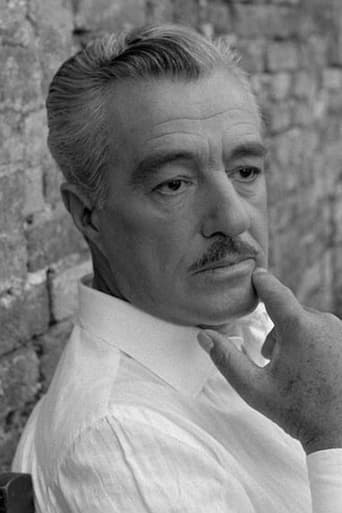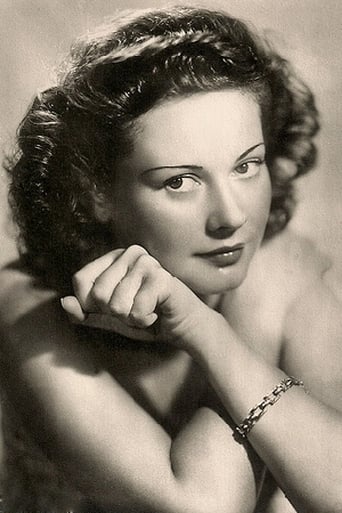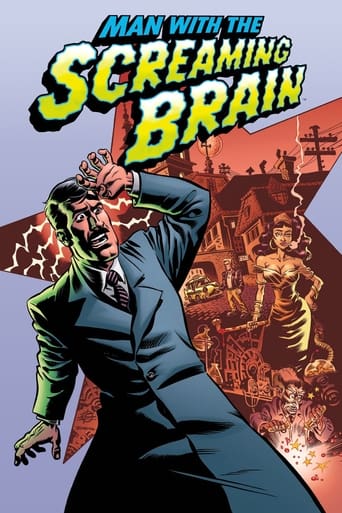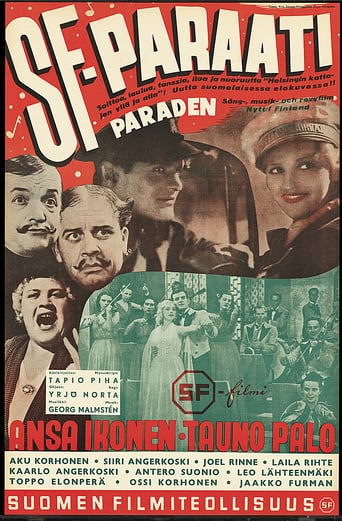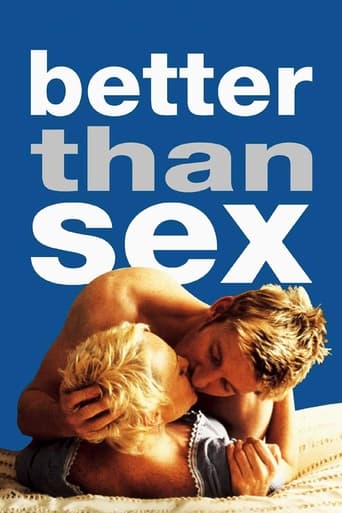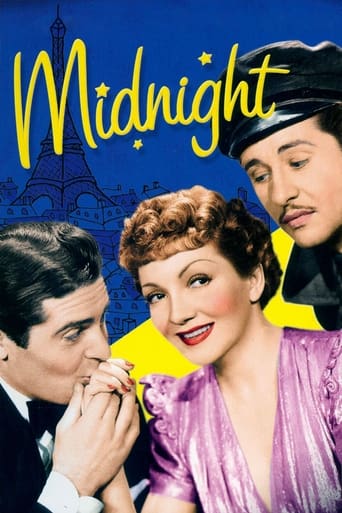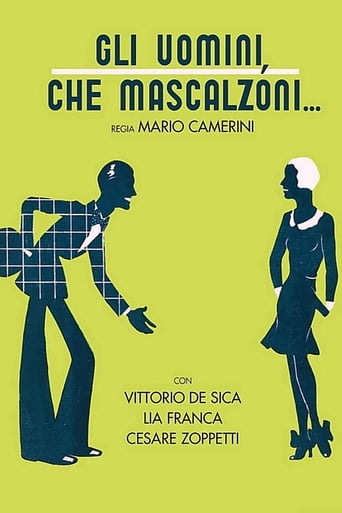
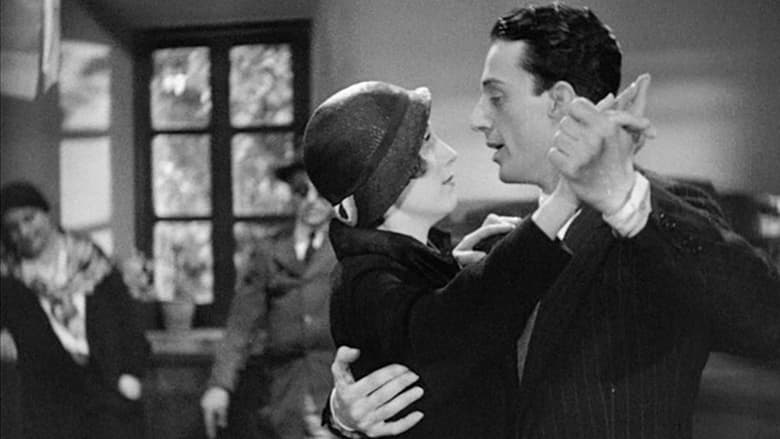
What Scoundrels Men Are! (1932)
Bruno, a chauffeur having some problem in keeping a job, meets one morning Mariuccia, a taxi driver’s daughter working as a perfumery’s shop assistant, and trying to impress her, pretending to be rich, uses his employer’s car to took her on a trip to the lakes, but things don’t work as planned and to conquer Mariuccia’s hearth won’t be so easy…
Watch Trailer
Cast
Similar titles
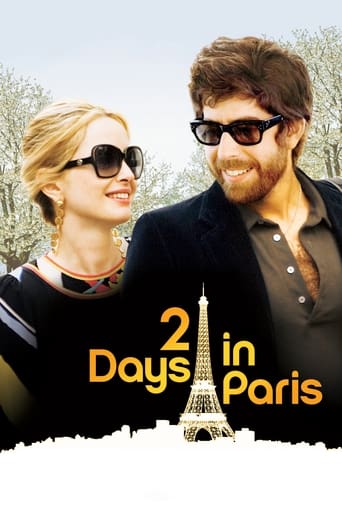
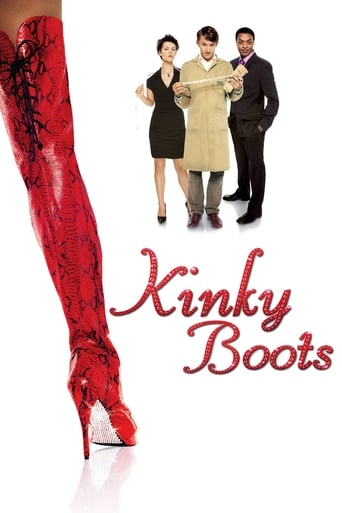
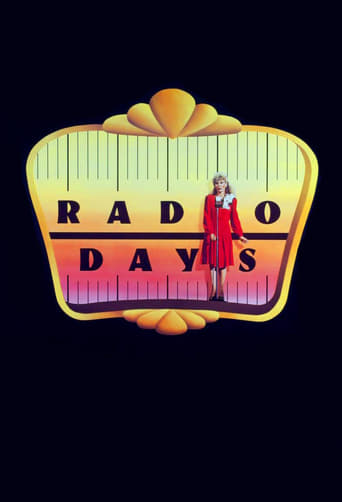
Reviews
Very well executed
Don't listen to the Hype. It's awful
A movie that not only functions as a solid scarefest but a razor-sharp satire.
The movie turns out to be a little better than the average. Starting from a romantic formula often seen in the cinema, it ends in the most predictable (and somewhat bland) way.
Nice, small scale romantic comedy, already offering an appealing star couple and many of the features of later Italian Realism. Dismissed as "Signor Biciclette" by the perfume shop girls, cloth cap mechanic Vittorio borrows the car he's repairing at the garage and collects the appealing Lia Franca for a run, ending at the riverside cafe, where the old couple have put a coin in the proto juke boy, which plays "Love's last Word Is Spoken," for Vittorio and Lia to dance but their idyllic afternoon is disturbed by the boss' wife who has spotted the car and sees this as a lift home, stranding Lia.Calamities and misunderstanding accumulate, with the leads finally working at a Milanese Industrial Fair. This generates a rather winning ending to this advanced, agreeable, light weight. The film more than stands comparison with contemporary product (eg. the films of René Clair,) shooting material in real locations, which would have been done in a studio in Hollywood or Paris, and foregrounding working class characters, anticipating the neo realist films. There's even an unemployment sub-plot. De Sica is billed under Franca, the lead of RESURRECTIO, the first Italian sound film. It's probably his first talkie and he's perfectly relaxed and natural. Designer Medin will accompany him on his career.
This delightful romantic comedy, had it been made in America during this same period might have featured Jimmy Stewart and Jean Arthur and might have been directed by Gregory La Cava. It gives us a Vittorio De Sica as a chauffeur, Bruno, who passes himself off as a man of importance by offering Mariuccia (Lia Franca) a ride in the car which he passes off as his own. She is the daughter of taxi driver Cesare Zoppetti. From the city of Milan they go off to the country for, spending some time at an inn, enjoying each other's company. Bruno romances her with the song "Parlami d'amore, Mariù" or "Talk Love to Me, Mariuccia" by Cesare A. Bixio, which made the Italian hit parade of the time. The idyll is disrupted when Bruno is forced by his employer's wife to take her back to the city, getting into a car accident on the way, and poor Mariuccia gets stuck at the inn, feeling that she has been ditched and being saddled with the bill for refreshments and having to spend the night there.The hurt young lady will have nothing to do with Bruno after this. Ultimately he finds her working at the fair in Milan (in a wonderful sequence shot at the Festa Campionaria di Milano) and in the 64 minutes it takes for the film to run its course of love-misunderstanding-separation-reuniting, all turns out happily with Mariuccia's father blessing his daughter and his son-in-law-to-be. There isn't much of a plot here or a message or a moral, but who needs those? Especially when you have an amiable, ingratiating and stylish piece of entertainment like this at the hands of one of Italy's finest directors of this period, Mario Camerini.
In this movie we can find the best of italian movie-makers of 30's (the age of "telefoni bianchi", the "white phones", in relation to comedies in which Wh.-Ph. were often used): Camerini as director, Vittorio De Sica, who worked as actor but years after will be one of the most relevant directors in the world, Bixio & Cherubini who wrote one classic song of italian music "Parlami d'amore Mariù" ("Mary, speak about love to me"). The plot is easy, the scenario is in an old Milan, but... seeing this movie means going back in years in which... love was the most important thing.
